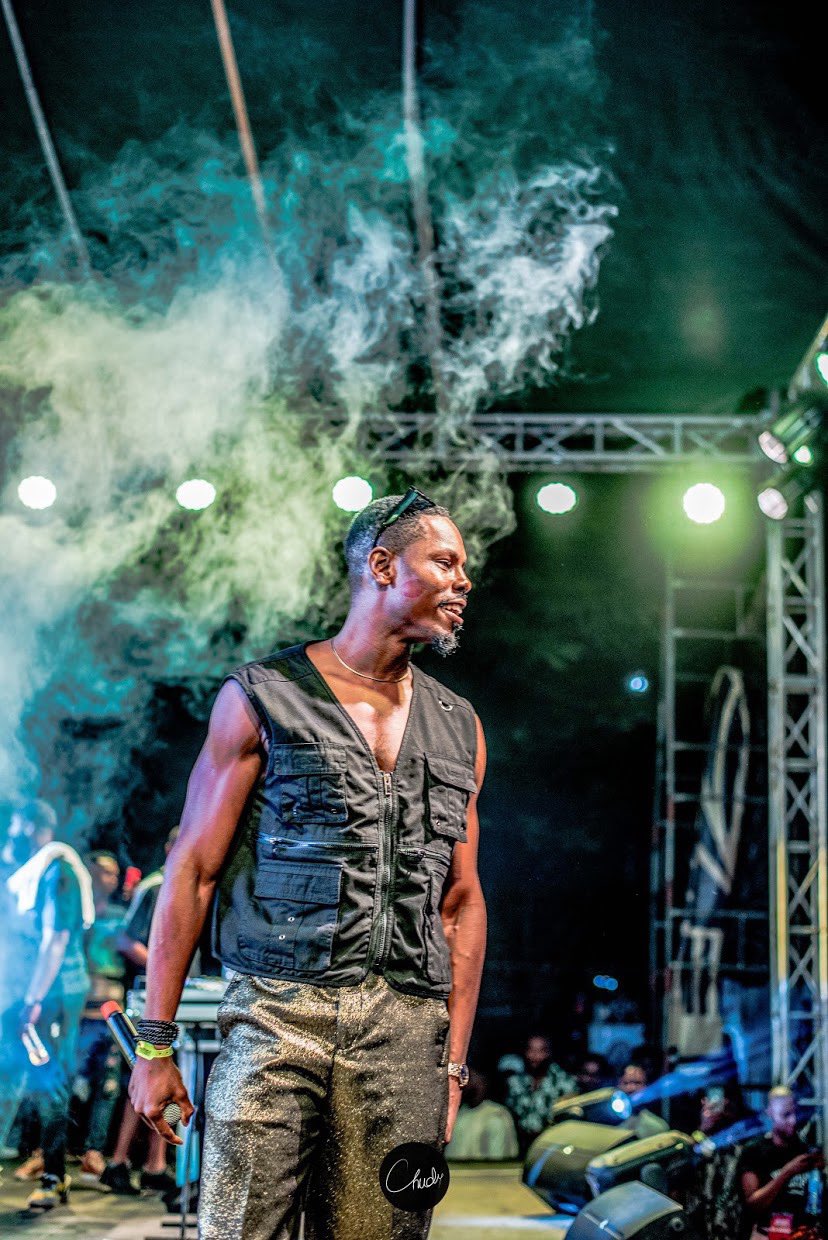Ladipoe is the Lord of the Revival. The artiste, born Ladipo Eso, is a rapper who more than not, delves into a unique lane via his artistry. He’s famously declared his style as “lifelines,” and shuns the traditional gbas gbos of punchline rap.

Ladipoe | Twitter
“His flow, calmly steered, dips in and out of pockets in the Spax beat. His tonal accentuation varies with each bar. It’s like a vehicle filled with tourists which slows down at designated spots so the passengers can pick details of the life outside and Ladipoe is the grey haired driver with quips and an astounding knowledge of the city.” — “An ode to Lifelines“
Ladipoe started the Revival Sunday series (a new song every Sunday) in December 2019. So far, he’s released three songs, starting with “Providence.” Yesterday, he put out the fourth song, “Revival Mode.”
The song is produced by Doozy Beatz and features Victony, a rapper who impressed the LOTR with his “Triple Homicide” submission.
Stream “Revival Mode” here
The post Ladipoe Shares Fourth Song “Revival Mode” Off The ‘Revival Sunday’ Series | Stream & Download appeared first on Latest Naija Nigerian Music, Songs & Video - Notjustok.
from Latest Naija Nigerian Music, Songs & Video – Notjustok
via EDUPEDIA
Comments
Post a Comment